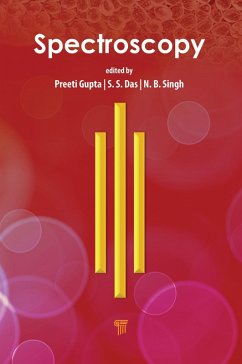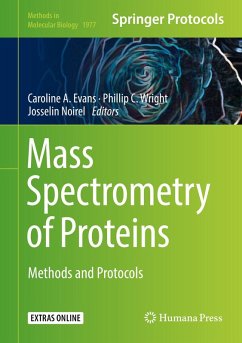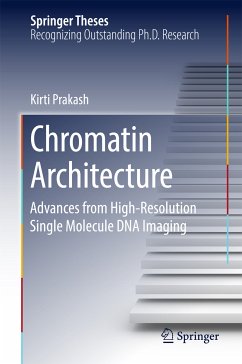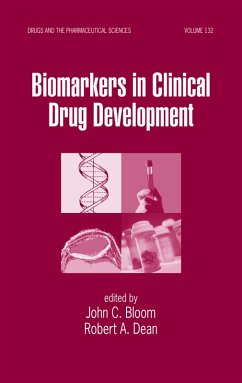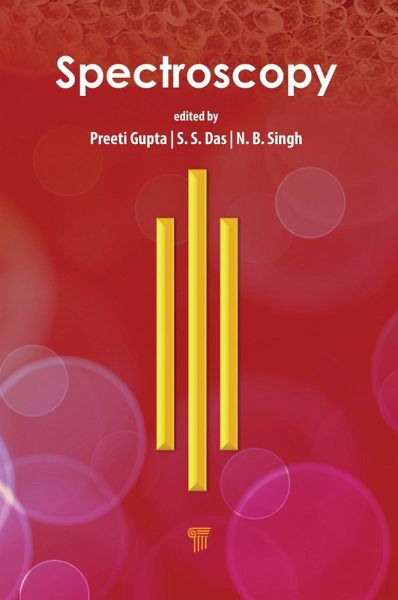
Spectroscopy (eBook, PDF)
Versandkostenfrei!
Sofort per Download lieferbar
114,95 €
inkl. MwSt.
Weitere Ausgaben:

PAYBACK Punkte
57 °P sammeln!
Spectroscopy can be defined as the study of the interaction of electromagnetic radiation with matter, during which absorption, emission, or scattering of radiation may take place. The structure and chemical properties of a system can easily be understood and studied with the help of atomic and molecular spectroscopic techniques because there exists a fundamental relationship between the properties of a substance and the interaction of radiation with that substance. The importance of spectroscopy in the physical and chemical processes going on in planets, stars, and comets as well as in the int...
Spectroscopy can be defined as the study of the interaction of electromagnetic radiation with matter, during which absorption, emission, or scattering of radiation may take place. The structure and chemical properties of a system can easily be understood and studied with the help of atomic and molecular spectroscopic techniques because there exists a fundamental relationship between the properties of a substance and the interaction of radiation with that substance. The importance of spectroscopy in the physical and chemical processes going on in planets, stars, and comets as well as in the interstellar medium has been continuously growing as a result of the use of satellites and the development of radiotelescopes for the microwave and millimeter wave regions. This book on spectroscopy gives a wealth of information that may be derived from spectra.
Dieser Download kann aus rechtlichen Gründen nur mit Rechnungsadresse in A, B, BG, CY, CZ, D, DK, EW, E, FIN, F, GR, HR, H, IRL, I, LT, L, LR, M, NL, PL, P, R, S, SLO, SK ausgeliefert werden.




